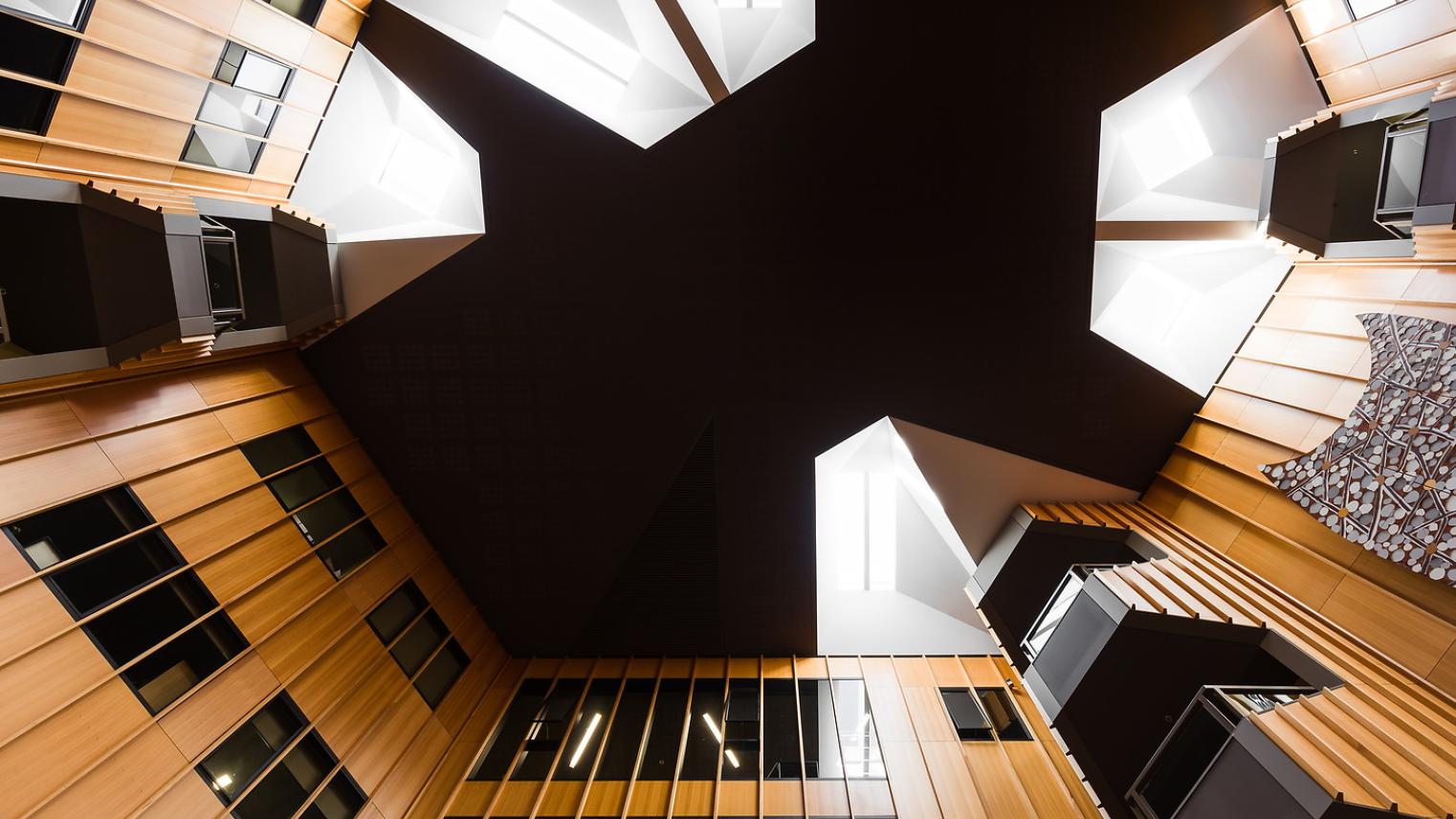9:00 - Welcome
- Prof. Eric Colvin, Head of School (School of Law, University of the South Pacific)
- James Batley (The Australian National University)
9:15 - 10:00 - Keynote addresses
Introductions: Prof. Terence Wesley-Smith (University of Hawaii); Hon. Ralph Regenvanu (Minister for Foreign Affairs, Vanuatu (video); Dame Meg Taylor (Secretary-General, Pacific Islands Forum Secretariat)
10:00 - 10:15 - Break
10:15 - 11:15 - Panel 1: China and the Pacific Islands: An overview
This panel will provide an overview of the histories, nature and dynamics of the relationships between China and the Pacific Islands.
Chair: Prof. Tarcisius Kabutaulaka (University of Hawaii)
Panellists: Nic Maclellan (Journalist & Researcher, Melbourne, Australia); Dr Denghua Zhang (The Australian National University); Dr Iati Iati (Victoria University of Wellington)
11:15 - 12:15 - Panel 2: Chinese and Pacific Islander encounters
At forefront of China’s presence in the Pacific Islands are Chinese citizens. They include tourists, investors, government officials, etc. The encounter between Chinese and Pacific Islanders has not always been a good experience.
This panel will identify and discuss the nature and dynamic of the encounters between Chinese and Pacific Islanders.
Chair: Dr Amton Mwaraksurmes (University of the South Pacific)
Panellists: Dr Graeme Smith (The Australian National University); Henryk Szadziewski (University of Hawaiʻi); Patrick Matbob (Divine Word University)
12:15 - 13:00 - Lunch
13:00 14:00 - Panel 3: Professional trainings in China: Vanuatu experiences
In the past decade, more Pacific Islanders have gone to China for education and professional training.
This panel focuses on Vanuatu’s experience and feature Ni-Vanuatu who have gone to China for education and professional training.
Chair: Dr Greg Nimbtik (Vanuatu Government)
Panellists: Dr Rebecca Bogiri (Vanuatu Government Official); Morris Seule (Vanuatu Police Inspector); Bollan Manwo (Vanuatu athlete)
14:00 - 15:00 - Panel 4: Chinese assistance and loans
Chinese assistance to Pacific Island countries has increased over the years. Most of it is in the form of concessional loans.
This panel will discuss the nature and impacts of Chinese assistance, especially concessional loans, on Pacific Island countries and those that have an interest in the region.
Chair: Dr Joseph Foukona (University of the South Pacific)
Panellists: Mr John Robert Simelum (Vanuatu Ministry of Finance); Dr Meriden Varrall (Lowy Institute); Dan McGarry (Vanuatu Daily Post)
15:00 - 15:30 - Closing remarks
This panel will provide closing remarks that will summarise and frame the issues discussed during the day.
Panellists: Dr Cathryn Clayton (University of Hawaiʻi); James Batley (The Australian National University); Dr Transform Aqorau (Private researcher)
15:30 - Kava
